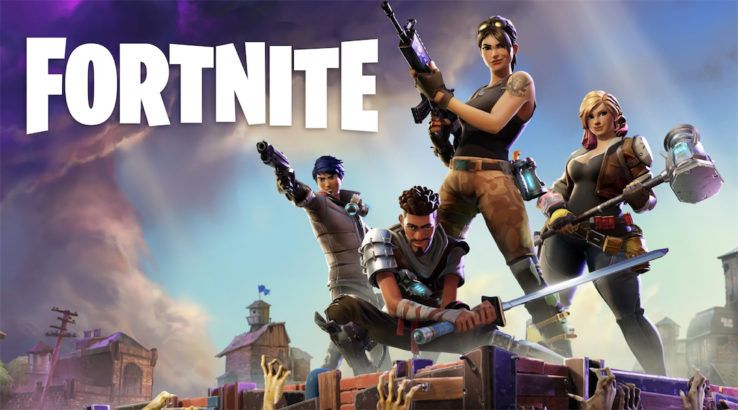Since the introduction of its free-to-play Battle Royale mode, Fortnite has skyrocketed to become one of the biggest video games in the world. The game's massive popularity has caused some concern, however, especially among parents who feel as though their kids may be playing it a little too much. While parents may still want to monitor how much time their kids are spending with Fortnite, they may be able to rest a little easier after hearing what researcher Andrew Reid from Glasgow Caledonian University in Scotland has to say about the game.
According to Reid, Fortnite is not addictive. He said that people should be careful about using the word "addictive" when referring to video games, as it could potentially stigmatize gamers, and that people should consider other reasons why someone may choose to play Fortnite's Battle Royale mode regularly besides being "addicted" to it.
"To do otherwise would be to stigmatise the medium as an evil to our society, despite a growing portfolio of video games and research that reinforce the positive characteristics of play and interactivity."
Reid's comments on Fortnite and video game addiction come a few months after the World Health Organization announced plans to categorize excessive video game playing (at the detriment of one's day to day life) as a mental health disorder in the ICD-11. This would make excessive video game playing a mental health disorder in a similar category as alcohol or substance abuse, which has caused some controversy.
However, some parents may be more concerned with the violent content in Fortnite, as opposed to how "addictive" the game may be for their kids. After all, the concept of the game's Battle Royale mode is that 100 players land on an island and fight to the death until only one is left standing.
As explained by Reid, Fortnite's "cartoony, exaggerated art style" means it may not have the same potential negative consequences on a child's mind as a violent game with more realistic graphics, despite its violent content.
Reid encourages parents to play Fortnite for themselves so parents can "better understand" the game and why their kids may be interested in it. Whether or not any parents take his advice remains to be seen, however.
Fortnite is available now in early access for PC, PS4, Xbox One, and iOS mobile devices.
Source: BBC


